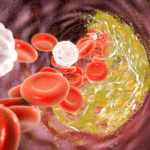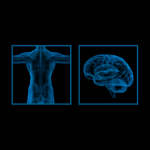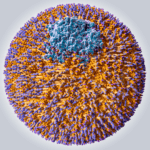
Reassuring new data on statin-induced Lp(a) elevation
Statin therapy is known to raise Lp(a) particle concentration in some patients, but how does this impact the overall effect of these medications on ASCVD risk?

Modern Vampirism: “Young Blood” Transfusions
Blood from young mice has rejuvenating effects on old mice, but it’s too early to translate these results into treatments for humans.

Muscle Mass and Cognitive Function
A recent narrative review hypothesizes a key role for myokine disruption caused by physical inactivity.

Confusion over results of a recent colonoscopy trial
A recently published NEJM paper appears to show that colonoscopy screenings do not reduce risk of colorectal cancer death. As is often the case, the results have been taken out of context and their implications grossly overestimated.

How horror may reduce anxiety and improve mental well-being
Could watching scary movies actually be good for your health?

The genetics of PCSK9i nonresponders
A recent case study shines light on why some individuals are resistant to PCSK9 inhibitors.

A “miracle pill” for hangover prevention?
A quick search for “hangover prevention” will send you down a rabbit hole of advice. While staying hydrated and not drinking too much are obvious solutions, there’s a new hangover pill called Myrkl that’s garnering much attention. In this article, you’ll find out exactly what is in these pills, whether they might actually work (or not), and potential downsides.

The Epidemic on the Road
Motor vehicle accidents are a common yet often overlooked cause of death – and the numbers are rising.

Small steps toward improving research reliability
Unfortunately, scientific publishing is riddled with myriad problems, many of which likely can’t be solved without completely rethinking current processes and the underlying research culture. However, there are still small, short-term changes that are relatively easy to implement and can yield meaningful improvements in research integrity.

Adding context to the Alzheimer’s disease research fraud charges
This past July, a news article published in Science sent shockwaves through the scientific community when it reported that one of the most influential and frequently-cited publications in Alzheimer’s disease (AD) research was evidently based on fraud.
